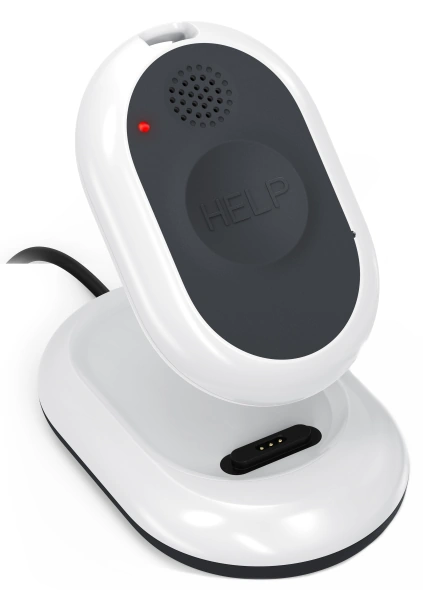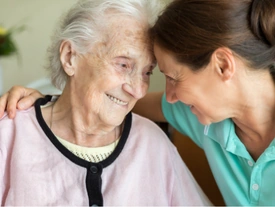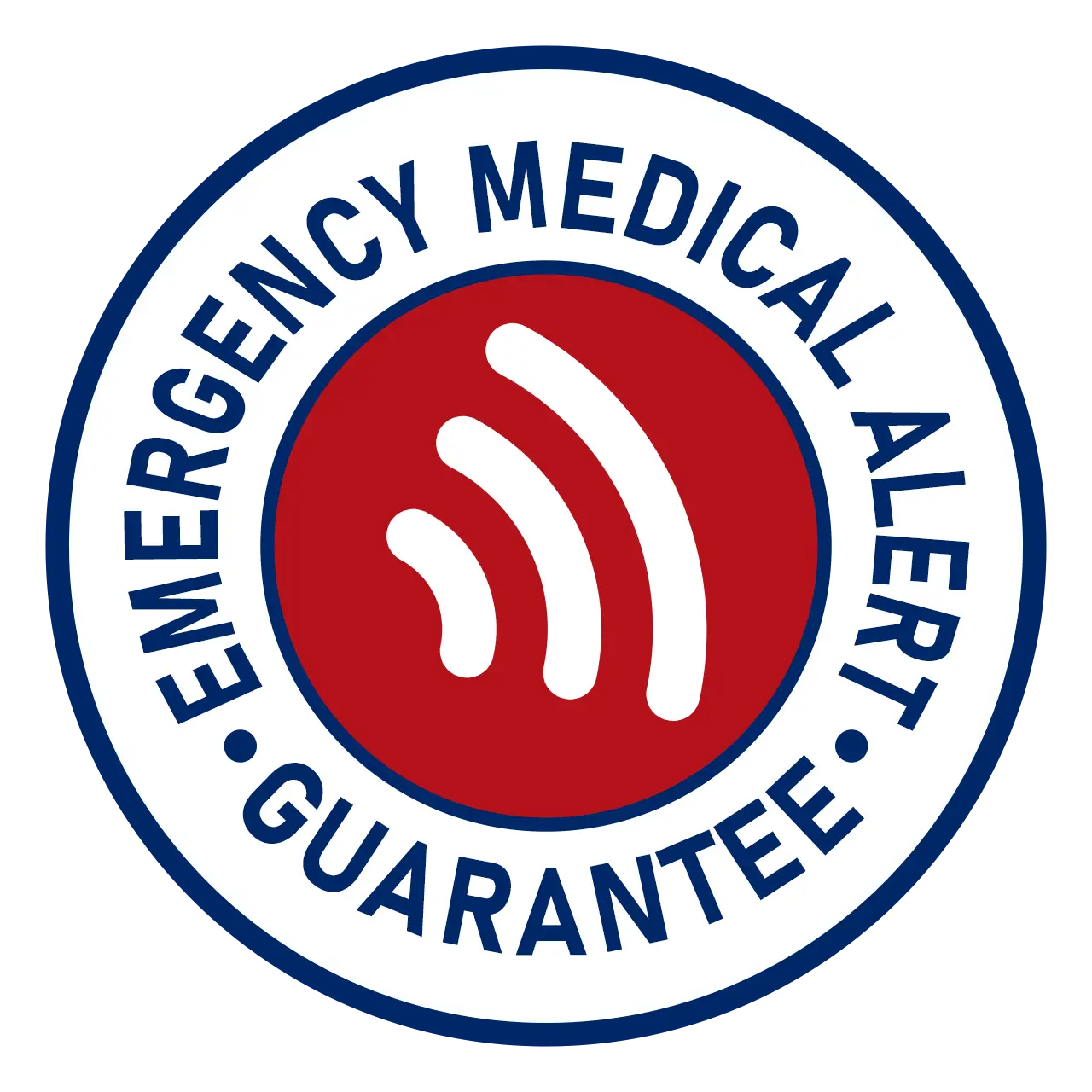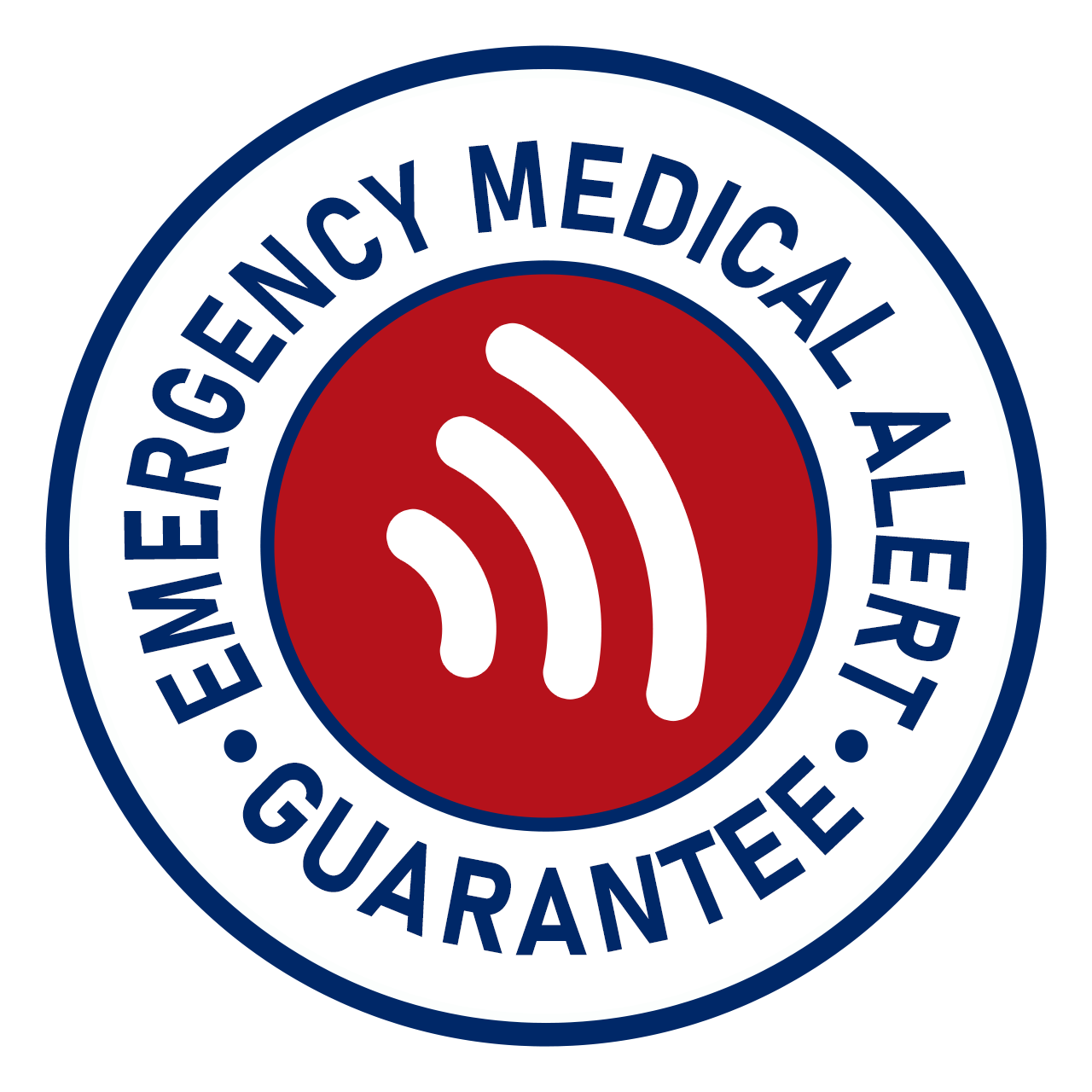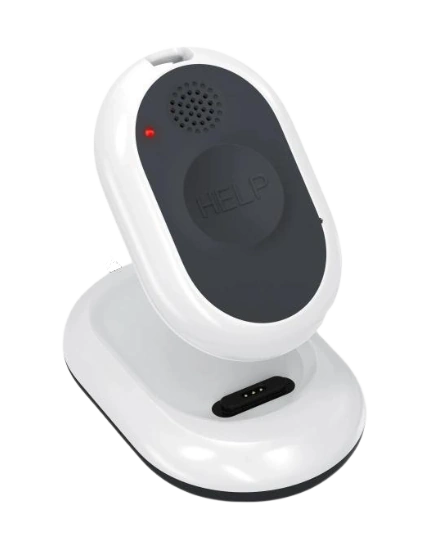Caregiver Syndrome Explained: Emotional And Physical Toll Of Caregiving
Key Takeaway
Caregiver syndrome occurs when someone providing long-term care for a loved one becomes mentally and physically exhausted due to the constant demands of caregiving. Symptoms often include chronic stress, anxiety, frequent illness, sleep disruption, loss of personal activities, and emotional heaviness. Recognizing these signs early and seeking support, setting boundaries, and investing in self-care are essential to avoid burnout and preserve both the caregiver’s health and the quality of care they provide.
Caring for a loved one is one of the most selfless and noble acts one can do. Caregivers may usually be supporting an aging parent, a child with special needs, or a partner battling a chronic illness. The very act of caregiving comes from a place of great emotional intelligence and love.
It also demands great commitment from the performer. However, the continuous needs of caregiving can sometimes erode the giver’s mental and emotional health. Some even report changes in physical health. This is what they call the caregiver syndrome.
This article explores this syndrome along with the emotional and physical toll of caregiving.
What Is Caregiver Syndrome?
Caregiver burnout or syndrome is a state where the caregiver feels great physical and mental exhaustion. They may feel burdened emotionally as well. This is common when someone is engaged in long-term care for someone in need. Caregivers usually fall into their roles unexpectedly.
They may not have training or preparation for their roles. The care is constant and unpredictable, and one can feel emotionally heavy. This is prominent when they deal with patients suffering from cancer or other degenerative conditions.
This syndrome comes to life when caregivers are unable to take care of their own selves and neglect their health. All this while they are in the pursuit of helping the patient. They are likely to skip meals and lose hours of sleep.
Their hobbies and social interactions also take a backseat in this process. Chronic stress is thus a common sign in these individuals.
This is not an officially diagnosable medical condition but is widely recognized by mental health professionals and caregiving organizations. It is a serious and real risk.
The Emotional Toll Of Caregiving

There is an overwhelming psychological and emotional burden on the shoulders of caregivers. This is especially prominent when they feel unsupported or unappreciated.
Chronic Stress And Anxiety
Caregivers usually juggle multiple roles. They are healthcare advocates and companions, while also being household managers. They can even be financial providers at times. So many responsibilities expected from one person strike a constant state of alertness.
This keeps the body in a consistent state of fight-or-flight. Caregivers tend to worry more than necessary about medication schedules and sudden medical emergencies. They are also concerned about the patient’s emotional well-being so they tend to overlook their own.
Depression And Mood Swings
When a person remains stressed or isolated for too long, they fall victim to depression. This can happen to people even if they have never experienced it before. Caregivers tend to feel trapped or hopeless in times when the patient is not showing a lot of improvement.
The exhaustion and emotional highs/ lows experienced in caregiving can result in mood swings. For example, if someone tells a caregiver in this state that they are grateful for them, it may still turn into a sense of guilt minutes later.
Guilt, Resentment, And Emotional Exhaustion
Caregivers have their own inner conflicts to deal with. They tend to feel guilty to simply need some personal time and resent for missing out on life events. They will even feel ashamed for feeling angry about their situation.
These emotions are bottled up by them. As a result, they will feel emotional exhaustion in the long run. Most caregivers end up feeling emotionally detached or unable to process even minor stressors.
Social Isolation And Strained Relationships
Caregiving is quite demanding. Those providing it cannot prioritize what they used to do earlier, like social outings and personal relationships.
Friendships can fade over time and romantic relationships can suffer from neglect/ misunderstanding as a result of this. Caregivers usually feel that no one else relates to their situation, which reinforces their sense of loneliness.
Physical Impact On The Caregiver
Emotional stress manifests into physical impact sooner than we think. Caregivers, as a result, face various physical health risks.
Sleep Disturbances And Chronic Fatigue
Sleep usually is interrupted when caregivers are performing nighttime tasks or due to medical alarms. Others may simply not be able to sleep due to anxiety.
Even when they get to sleep, it is not deep or restorative enough. The cumulative sleep loss develops chronic fatigue in them. This is a condition that impairs judgment and weakens the immune system. It can even cause emotional irritability.
Weakened Immune System
If their immune system is weakened, the body is more likely to produce cortisol. Caregivers may find themselves getting a cold too often or having digestive issues.
They may even experience delayed recovery from minor illnesses. Such changes in health make it harder to keep up with the physical demands of caregiving.
Increased Risk Of Stress-related Illness
A lot of studies indicate a direct link between caregiving stress and illnesses. These include hypertension and diabetes. Migraines and cardiovascular disease also fall into this category.
The constant release of stress hormones damages the body's systems and puts caregivers at long-term health risks.
Neglect Of Personal Health
Caregivers usually skip appointments with their own doctors and ignore symptoms. They can even delay their treatment. What further depletes their energy is rushing through meals or relying on processed food.
While prioritizing someone else's needs, they unknowingly let their own health deteriorate. Sometimes this is even beyond repair.
Long-term Consequences If Caregivers Leave Symptoms Unmanaged

There are long-term consequences to caregivers neglecting their own health while taking care of that of others:
Burnout And Breakdown
Burnout is the stage where the giver is physically and mentally depleted. They tend to cry easily or feel increasingly numb.
They may even contemplate abandoning their duties. Their body may even respond with complete exhaustion and they are forced to take bed rest or be hospitalized.
Impact On Caregiving Quality
The quality of care provided by the caregiver also can diminish if they become overwhelmed. Mistakes in medication and lapses in hygiene can be common signs.
They may even become unable to provide emotional support like before. Such a decline bothers the patient and only deepens the caregiver's guilt.
Risk Of Neglect
The greater risk of neglect exists when caregivers are pushed beyond their limits. This is either intentional or unintentional. They may start missing doctor appointments and not recognize medical emergencies.
They may even withdraw from the care recipient. This is an unfortunate reality when the caregiver's self-care is ignored.
Conclusion
Since it affects people both emotionally and physically, it is important to take time off to look into your needs every now and then. Caregiver burnout or syndrome is a serious concern and there is time to deal with it before it gets too late.


